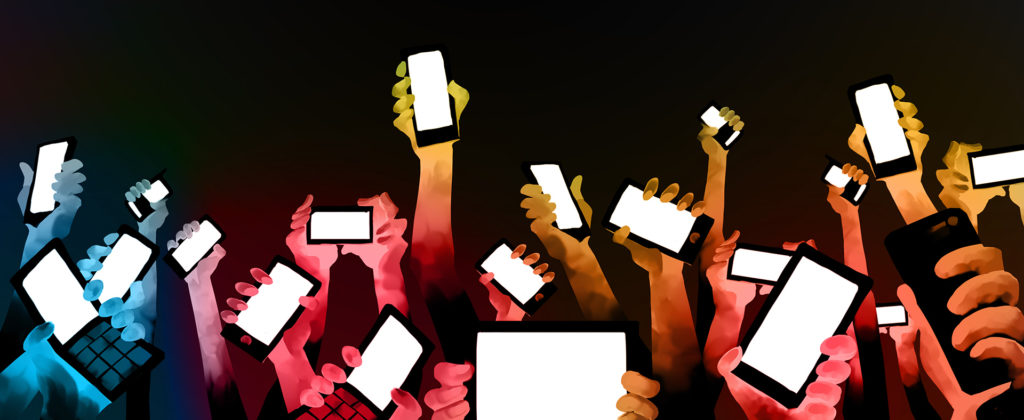UPDATE, 5/1: the social media ban has now been lifted.
…
As families gathered for Easter Sunday mass in Sri Lanka, a deadly coordinated attack targeted churches and hotels across the country. So far, this despicable and cowardly act has claimed the lives of 290 people and injured more than 500. In response to these attacks, the government has declared a state of emergency and introduced a 6:00 pm curfew, which was lifted today (Monday the 22nd). Authorities also blocked access to social media platforms, and the shutdown is ongoing.
Many reports indicate that the government banned social media platforms to stop rumors. According to a report from Al Jazeera, the Secretary to the President said, “The government decided to block all social media platforms in order to prevent incorrect and wrong information being spread.” This shutdown is blocking people from using platforms including Facebook, Facebook Messenger, Viber, Snapchat, and Instagram. In its most recent update, NetBlocks reports that the TunnelBear Virtual Private Network (VPN) is also blocked.
During a terrorist attack and in the aftermath, it is vital that governments take necessary and legal measures to curb and foil further attacks, and to hold the perpetrators accountable; however, these measures should not further harm victims. Many in Sri Lanka rely on social media platforms and messaging apps to reach out to their families. Around the world, relatives and friends are checking to see if their loved ones are okay. For those in danger, and for those who want to help, not being able to connect or confirm that a loved one is safe can be devastating.
Moreover, cutting communications channels can block the emergency and rescue services that keep people alive. During a recent terrorist attack in Kenya, those caught up in the attacks used Facebook to inform the rescue teams of the situation, and used WhatsApp and other platforms to get information that saved their lives.
Credible media and journalists are also instrumental in fighting disinformation or misinformation. Having reliable access to social media and VPNs helps them to provide timely reports to the public.
It is evident that misinformation and disinformation are a threat to any democracy and can cause panic, monger fear, or even disrupt rescue measures. However, shutting down social media platforms to stop rumors will not necessarily stop the spread of misinformation. Research on internet shutdowns in India shows that when authorities shut down the internet to stop rumors and disinformation, the situation often becomes “volatile, violent, and chaotic.” In addition to causing more harm, trying to fight rumors by shutting down the internet is inherently disproportionate, and in many cases, it is also arbitrary and lacks legal justification.
To reduce the harms caused by misinformation and disinformation campaigns, it is important that Sri Lanka sets up communication channels that would regularly address the public and expose wrong information, and support civil society and other groups that educate the public on misinformation and disinformation. Moreover, social media platforms can help address the problem with approaches to design that discourage abuse of the platforms for disinformation campaigns. Governments can put in place strong, user-centered data protection regulations to prevent the data exploitation that can make these campaigns even more powerful. If we want to ensure that use of social media channels and messaging apps will not be used as a tool to harm those who are already vulnerable, we must use holistic, evidence-based approaches that respect people’s fundamental rights.
As part of the global #KeepItOn coalition fighting internet shutdowns, we are calling for Sri Lanka to restore access to social media channels and messaging apps, and we hope you join us in that call.
